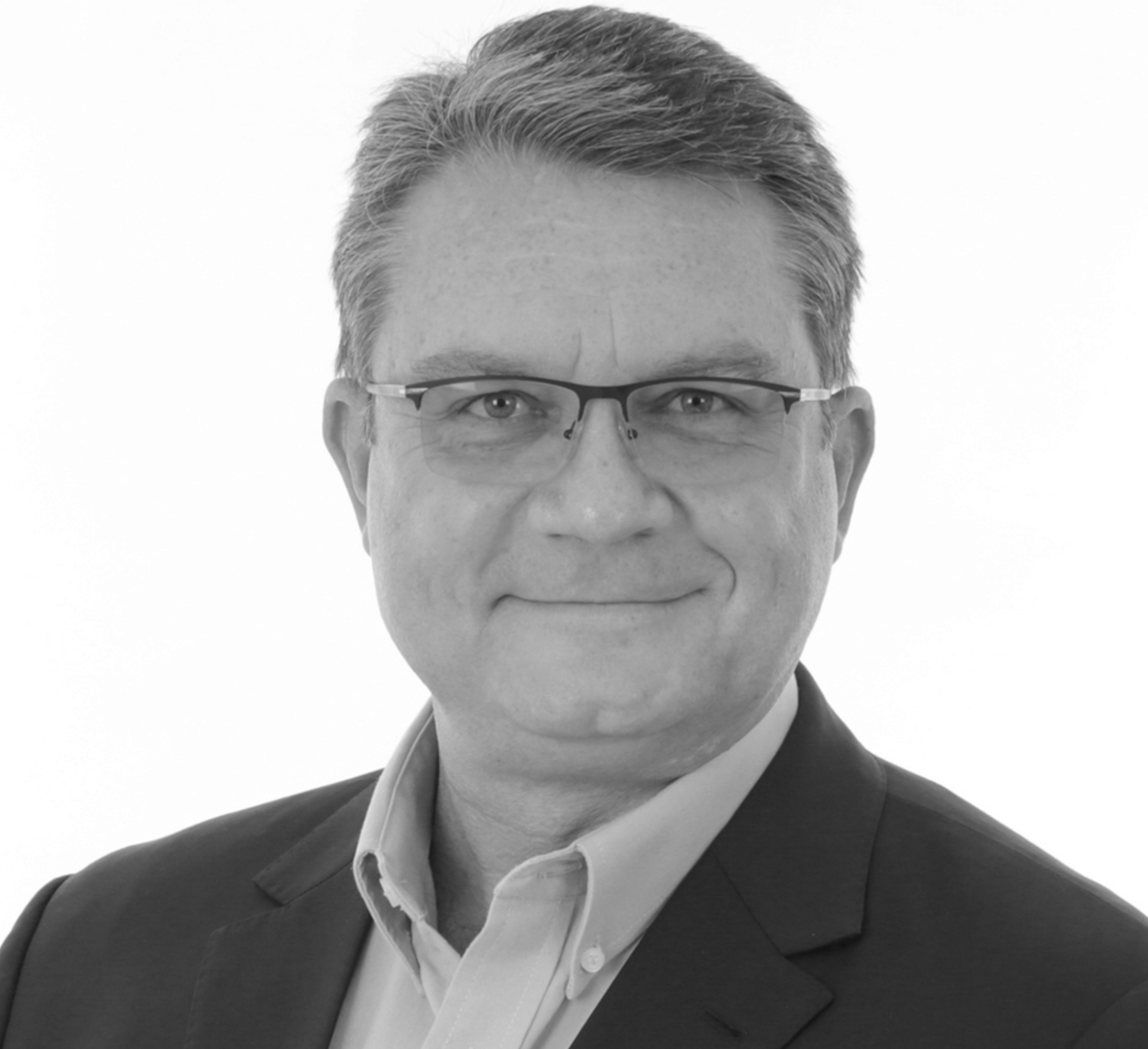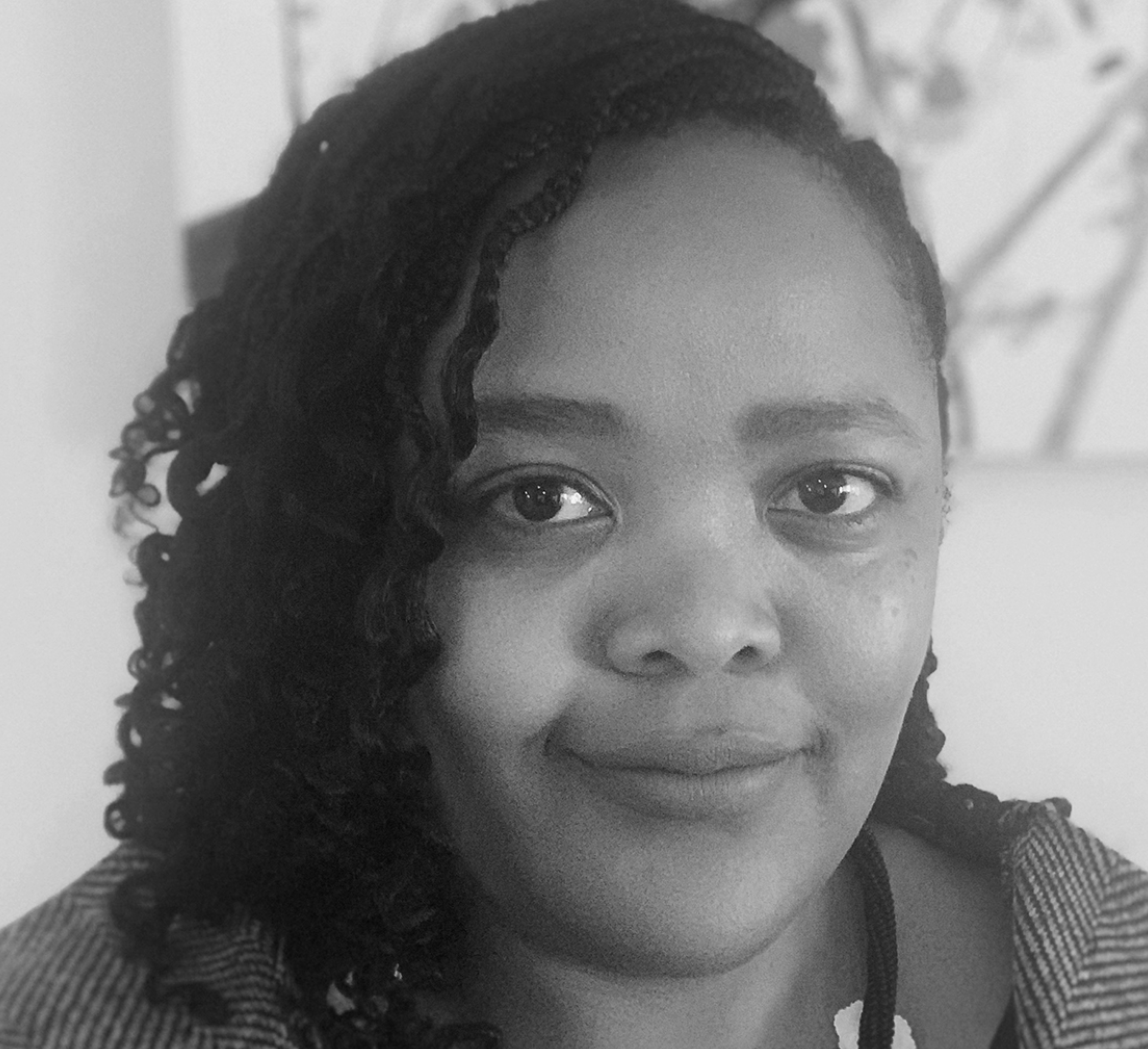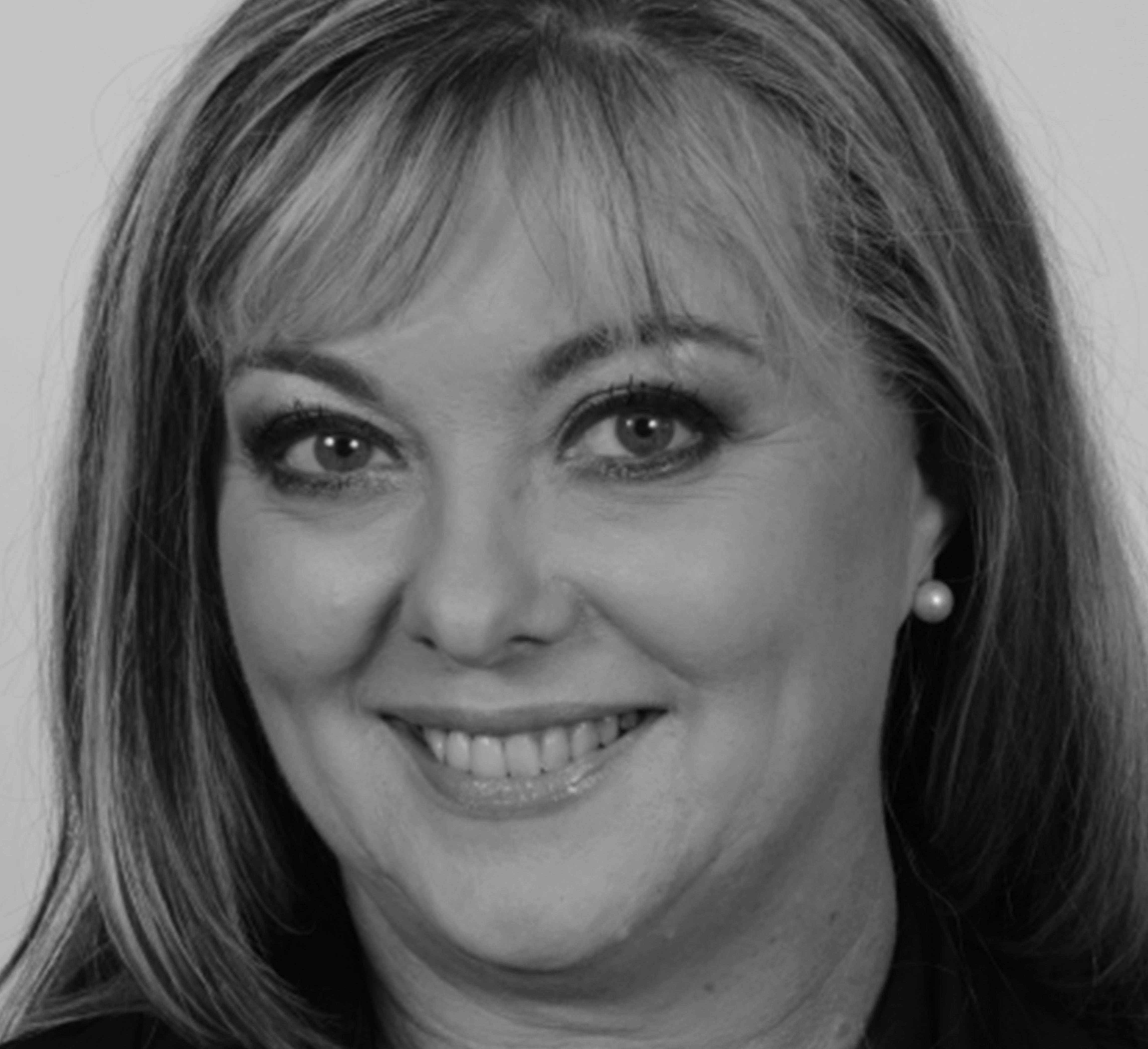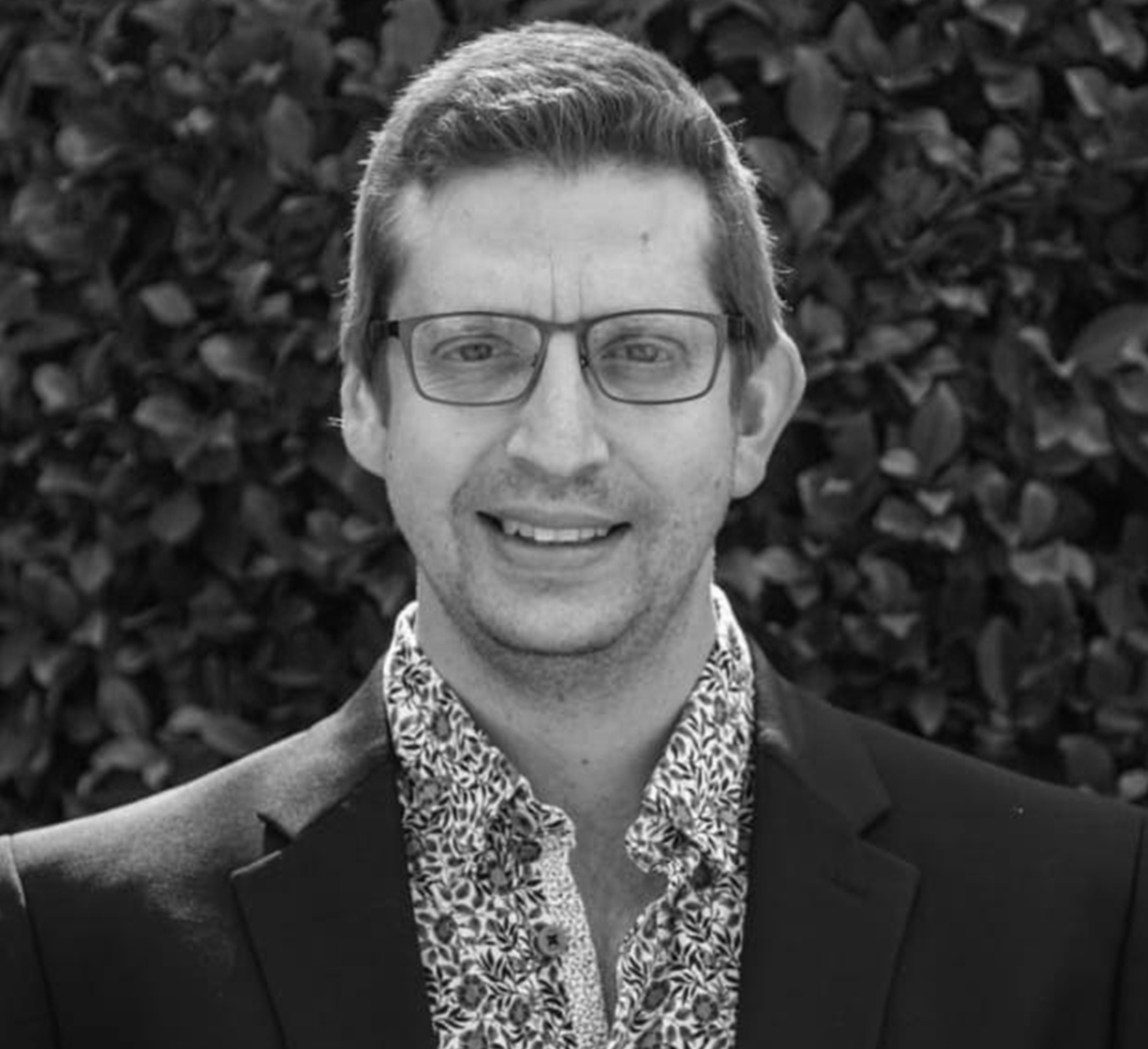94: Jaco Roos
Part-time / Portfolio Finance Director – The FD Centre
Having experienced part-time finance executives allows business owners and CEO’s to focus on their core competencies, Jaco Roos provides some insight to the growing demand for this cost-effective alternative to a fulltime CFO.

CIARAN RYAN: This is CFO Talks and today I am talking to Jaco Roos, who is a part-time finance director for entrepreneurial businesses with turnovers ranging from R25 million to
R1 billion. These are businesses that don’t want or don’t need or can’t afford a full-time finance director. However, they recognise they need this skillset on an ongoing basis for particular situations as they arise. Now, Jaco is part of a network of finance specialists providing interim CFOs or financial manager solutions to the corporate market. These would be companies with turnovers of over R1 billion, requiring financial experts in bridging roles or in high pressure situations or times of uncertainty or for ad hoc projects and other specific requirements. Just to remind you that CFO Talks is a brand of the South African Institute of Business Accountants, and today’s podcast is sponsored by Draftworx, which provides automated drafting and working paper financial software to more than 8000 accounting and audit firms and corporations. Jaco, first of all, welcome, and just tell us where are you talking to us from?
JACO ROOS: Ciaran, good morning, and good morning to everyone. I am based in Midstream, which is halfway between Centurion and Midrand, for those of you who don’t know. I have been involved with the FD Centre but where you are based is largely irrelevant, it’s really about where the clients are.
CIARAN RYAN: Tell us a little bit about the FD Centre, this is something new that you started, how did it come about and what motivated you to do this?
JACO ROOS: Firstly, I think it’s important to mention that I really consider it a blessing to have been involved with many, many phenomenal companies in my career up to now. My philosophy, Ciaran, is that there is no such thing as bad experience, even if the only thing that you learn is how not to approach whatever it is that crosses your path. I believe that you should make the best of the hand you’re dealt, so you either win or you learn. and believe me, in the past three years there’s been a fair amount of learning. I was fortunate that much of the learning was related to international businesses all over the world. Corporate life instilled in me a sense of duty, work ethic and discipline but having said that though, corporate life can be a tough taskmaster. It’s always been my strategy that at some point in my career I’ll move to a season where I can apply my trade in a less rigid environment. In terms of the FD Centre, I’m a firm supporter of their business model and, as you rightly mentioned, the target market is not necessarily the multi-billion rand environment, but rather the SME space. The FD Centre has around 70 principals in South Africa, more than 600 worldwide, with experience in just about any industry you can imagine, from pharmaceutical, building and construction, distribution, communication, hospitality, to name a few. This enables the FD Centre to adopt a sniper approach to target their clients. There’s also a highly efficient back office support function that deals with central marketing and client-principal relations. With mid-size companies of turnover from around R30 million to up to R1 billion as potential clients who need the services of a fulltime CFO at a market salary would be tricky, and the FD Centre will then supply CFOs on either an interim or a part-time basis. With the interim arrangement, the client can choose to have the services of an FD or a CFO for a short-term contract or a specific project, typically when the incumbent CFO has resigned, is sick or has departed for whatever reason. Alternatively, and this is more what I’m keen to provide, a CFO can be placed with a client for an extended period of time, but for the pre-arranged number of days. As you can imagine, this is a win-win for everyone. Firstly, for the client because now they get the service and knowledge base of a seasoned CFO, albeit for a few days a month, which makes it much more palatable and affordable. The FD Centre broadens its client base, and the CFO or the principal then gets involved with a variety of clients. One of the biggest benefits for a potential client is the fact that when they sign up, their part-time CFO has access to a network of all FD Centre CFOs and there will very seldom be an issue or something that will be foreign to the whole network of CFOs, both locally and internationally.
‘We seek for our clients to live the life they dreamed about when they started out.’
CIARAN RYAN: Okay, so tell us about some of the clients. You’ve mentioned some of the different sectors that you’re in, maybe just spell out the type of clients that you would be engaging with. We are talking here about the SME sector, so these are companies that maybe wouldn’t really need that high level of financial expertise, but they may on occasion have specific need for that. Is that correct?
JACO ROOS: That’s absolutely correct. It’s still early days for me at the FD Centre, as I mentioned, I only signed up recently. In the corporate environment you have a relationship with your peers because of your position as a CFO, whereas at the FD Centre, [with clients] I’ll have an appointment as a part-time CFO and I’ll start to build up a relationship with the CEO or the entrepreneur. It takes time to build these relationships, and trust has to be the foundation. Clients, as you can imagine, and a portfolio of clients especially, will take time to build but I look forward to building a long-term relationship with clients and helping them grow their companies. Client retention is, of course, really important to us, and cementing solid relationships and being strong sounding boards to our clients is really important. We’re open, progressive and passionate as a collective, and not only do we want to add value to business, but also really important is we’d like to create the flexibility and the balanced lifestyle for both our clients and ourselves. Clients seem to seek out a part-time CFO solution, as you mentioned earlier, when they’re are facing big changes that impact their businesses, it might be a high growth situation or the need to restructure or reinvent and they realise they need the experience of a top-notch CFO from a strategic and a commercial perspective. Often the principals are helping clients just to right track their strategy or realign their focus or reconnect with their vision. We’re ultimately helping define and deliver the numbers that really matter both to the business and the entrepreneur or who heads up that business. We seek for our clients to live the life they dreamed about when they started out.
CIARAN RYAN: That’s an important point, is it not, a lot of entrepreneurs end up spending literally every waking hour involved in their businesses. You’ve mentioned some of the types of problems that they’re likely to encounter, like a high growth business, and this is something that is affecting all businesses at the moment is cashflow, that’s all we’re reading about is companies, how are they managing their cash flow, are they going to be able to…at the start of the lockdown were they able to survive the month, that would be one kind of problem. So are you able to, through your connections in business in the corporate world, to maybe make connections with funders and banks, able to introduce that and help them network a bit better on that side of the business?
JACO ROOS: Most definitely, the cashflow is always going to be a focus point. Cashflow is a classical example of the more things change, the more they stay the same. In smaller businesses the most important factor is going to be money in the bank and working capital. For the bigger business
it’s going to be the ability of a business to generate cash or to turn their current assets into cash, and it’s always going to be an important quality. Not only does this get companies to a point where their growth can be funded, the investor community in the cases of bigger listed companies also really value this quality in a company. I mentioned that the ability to turn cash quickly, you can get companies to a place where growth can be funded and it might sound strange, but if you consider the reality is that fast growing companies can quite easily grow themselves right out of all their cash reserves. There are a number of things to look out for and the first area is to look at the business model. If the company has a cash positive model, they’ll collect cash from their debtors before they need to pay their suppliers. But it’s in cases where the business model is cash negative, where more care needs to be taken with cash management. If the business model can’t change, in other words, you can’t expedite debtors’ payments and suppliers are not prepared to accept more lenient payment terms, then a good old-fashioned conservative and a robust cashflow forecast still remains invaluable. Cash is always going to be king and often business owners neglect to focus on the working capital impact when they chase new business. Even profitable business can put a company under severe pressure if one doesn’t diligently consider the strain on your cash reserves that it can bring. Of course, there’s also the impact on the profitability if there’s a deficit and that needs to be funded. If you look at the Covid era that we live in, it proved that any cashflow challenge, and I guess that goes for just about any pressure point in a business pre-Covid, will no doubt be amplified post-Covid, and we might be done with Covid but it seems that Covid is definitely not done with us.
CIARAN RYAN: I think there’s an interesting point that you raised there about growing yourself out of cash reserves, particularly now at a time when you do see a bit of recovery in the economy, and having been smashed in the early part of the Covid crisis, now companies are finding a little bit of recovery. Is this not a particularly dangerous time for them?
JACO ROOS: I think it’s a time where we need to be more diligent. Covid had the result that many companies are out of business now but it also meant that there are many failed companies, and they might not have filed altogether right away and they still have a day-to-day battle just to keep their heads above water. This is the sort of thing that we’ll have to focus on, on our working capital management, I think that’s going to be crucial in the medium term.
‘There’s no replacement for experience’
CIARAN RYAN: Let’s talk about the evolving role of CFOs and finance executives generally. You’re a CA, and in our discussions with other CFOs, it seems that there’s a crucial gap in academia when it comes to training for the duties that confront a finance executive or a CFO, would you agree with that? Do the universities and the colleges adequately prepare you for this role?
JACO ROOS: I agree with you and a more practical approach might be something that they can consider, but again, there’s no replacement for experience and no a financial institution or a learning institution is going to give that to you. Something crucial to remember is that being a CA does not necessarily make you a good CFO, often the CA qualification needs to be complemented by a degree from the school of hard knocks. Gone are the days that an FD is a glorified bookkeeper in a grey pinstriped suit that crunches numbers on a spreadsheet and talks to nobody. Nowadays the CFO is often the two IC in the business, and it’s probably the way it should be. In the past I have coached FDs and mentioned to them that their biggest job is to run alongside the CEO or the organisation head, irrespective of the title. CFOs bring balance to the forward-looking CEO, uh, the voice of reason, and sometimes even a reality check. Therefore, it’s vitally important for CFOs to fully immerse themselves into an organisation, and they need to make it their business to understand the nuances of their employers and the industry they operate in. In many cases the CEO will be the forward looking visionary and then the CFO needs to be the sweeper, making sure that the CEO doesn’t miss a beat and ensure that the business is in good shape, support the direction that the CEO decides to take it in. Another trend seems to be that the FD or the CFO is often the succession plan of the CEO. Strategically it should not happen by default, I believe, but if it’s done on merit, many CFOs have the qualities to be at the very top of their organisations.
CIARAN RYAN: Okay, I don’t know if you’re aware that there’s quite a lot of research that’s being done around this whole subject of what are the disciplines that are required by a CFO. Out of Queen’s University in Canada there was a research paper called from CA to CFO, and they identified more than 30 of these different competencies. Some of them being quite alien I think to the finance executive, and it is not just about bookkeeping and numbers, it’s about team management, it’s about strategy, very important, which you’ve already touched on. It’s about human resources, it’s about being a good judge of character. Some of these very soft skills have to be incorporated into your toolkit now as a CFO, is that what you’re finding?
JACO ROOS: Absolutely, a successful CFO will be a consummate professional, a consummate manager, they will be exposed to all aspects of management and all aspects of running the business. I think it sometimes happens that they are, to a large extent, the de facto CEO of a business, and you can’t do that successfully if you’re not the master of all these abilities that you need to have to have, and all these skills, you’ve got to have it. If you don’t have that, forget about being a CFO.
CIARAN RYAN: The South African Institute of Business Accountants has a designation called CFO (SA), which is quite a high level designation, but it’s unique in the sense that it does recognise people who have through the school of hard knocks, as you mentioned, acquired these skills and have applied themselves in the corporate world. I think that there are also now a lot of courses that are being offered through the Institute that will actually help you burnish and help you improve on your skillset. So I mentioned that because it is a recognition of this change that has happened in the role of the CFO. By the way, one of the crucial skills is communication, would you agree with that, you’ve got to be able to communicate at a high level with bankers, with other CFOs, with CEOs, and you’ve got to communicate succinctly and effectively.
JACO ROOS: Yes, absolutely, Ciaran, you’re absolutely correct. I can’t remember a single strat plan meeting of a company that I’ve joined where communication wasn’t one of the things that are discussed at great length. As a successful CFO you need to manage up and down and you need to be able to communicate effectively up and down internally and externally. I think it’s important that you are not a bookkeeper and the CFOs need to get their noses out of the books and become part of the business, and communication is an absolutely pivotal point of being in that role.
CIARAN RYAN: Right and of course, with so many of the routine functions that a CFO does, they can be automated now and quite easily. So producing the month-end balance, that kind of thing. This is not really where your attention is getting dragged, I’m sure, as a finance executive, it’s more on these other issues, it’s managing the team and it’s managing the cashflow for the company going forward.
JACO ROOS: Those routines are always going to be there. But I think the trick here, Ciaran, is to work smarter, not necessarily harder, and to understand the science of delegation. Chances are, there are going to be very competent people that can take care of 90% of these routines, and your job should really be, as a CFO, to interpret rather than to get it together.
‘You cannot manage staff anymore by the amount of time they spend at the office’
CIARAN RYAN: Just talk about the Covid pandemic and how that’s impacted the way that you work. We’re all meeting now through Zoom and through Microsoft Teams, so that’s not really a hurdle. Is it possible to engage companies effectively using these tools or do you have to have the face-to-face interaction?
JACO ROOS: There’s no short answer to that. I guess in the ideal world, there’ll be a combination of the two. Covid has been a game changer for many of us. As you mentioned, before lockdown I certainly had no idea what Zoom was and now platforms like Zoom and Microsoft Teams is a way of life. Admittedly, even before Covid, there was more and more pressure on organisations, I think, to provide more flexible platforms for employees, especially the younger generations or the millennials. Personally, I’m still a bit old school and never really believed in this working from home concept, to me that was just an excuse to duck and dive. But with hindsight, I now realise that that was not 100% correct and Covid taught us that working remotely can actually work. The one big difference, Ciaran, I think is the way that we manage staff. You cannot manage staff anymore by the amount of time they spend at the office, that concept is ancient history, and I don’t think we’ll ever see it again. Managers need to manage this staff by KPIs or outputs, and we need to be more flexible in our expectations I think from subordinates and our co-workers, all our peers. In hard lockdown we often saw that people will attend to they work at times when they’re done taking care of things like home schooling, and that might be late at night. But taking a few steps back there, I believe that businesses should change their strategies to make sure that they can still continue to do business in these changed times, and times have certainly changed for good, I think. Today companies have to be infused with flexibility, a flexible business must have agility as a cornerstone. Agility in decision-making will require an empowered frontline, people who are bought into a culture of being prepared to move quick and make quick on the fly decisions and change direction quickly if they need to. Empowered staff with managed mandates will be invaluable in time to come. This could very well be what sets one business apart from the next one. Your strategies at the front end of a business, and we spoke earlier about the importance of cashflow and working capital management and just about all the cycles in a business I think we need to take a long hard look at and see how we can become the master of those cycles and make sure that we are adapted to the new normal.
CIARAN RYAN: Tell us a bit about yourself and where you grew up and where you studied and how you ended up where you are now?
JACO ROOS: I’m a born and bred Pretoria boy, I matriculated in Pretoria in 1986 and then I commenced my part-time studies in 1987. I did articles and my BCom accounting degree at Tuks [University of Pretoria] simultaneously between 1987 and 1990. Then I went to Unisa for my postgrad honours degree and CTA in 1991 and 1992. Then I did the Board Exam in 1993. In 1992 I got married to Corné and our two kids were born in 1996 and 1999. My daughter, Rochellle, qualified as an occupational therapist in 2019. My son, Jacques, is busy studying towards his mechanical engineering degree. As a family we love everything outdoors, we love spending time at our beach house in the Southern Cape and going camping in the bush. We are firm believers that the fun starts where the tar stops.
CIARAN RYAN: You’ve got a beach house down in the Cape and you like the outdoors, what’s your favourite game park in South Africa?
JACO ROOS: There are many fancy game park but the favourite is always going to be Kruger. Then, of course, you have these private game reserves and it’s always a treat to go there, places like Welgevonden, Sabi Sabi. We are blessed in South Africa with so many beautiful places that we can go to that is within a two or three-hour radius, we are really blessed in terms of that.
CIARAN RYAN: I agree with you about Krueger, although it’s probably the most visited game park in Africa, it’s just the size of it and the fact that it is so well looked after, it’s always a pleasure going back there I find. What do you think?
JACO ROOS: Absolutely, it is, you always look forward to it when you’re going to the Kruger. But I guess one has to be selective about the time of the year that you go and where in the Kruger that you go to. The southern part of the Kruger is normally quite busy, especially during holiday times. Personally, I love the central and the northern parts of the park because it’s much more quiet.
‘These books are super motivational’
CIARAN RYAN: Okay, so born and bred in Pretoria, studied there, still living more or less in the same area, so that’s where you’ve decided to plant your roots. Are there any books that you’d recommend, it doesn’t have to be a technical book, it could be a fun read.
JACO ROOS: I do a lot of reading and I also do a lot of fiction, sometimes you just need something to switch your brain off. But there are definitely two books that I can recommend and the one is Start with Why by Simon Sinek. Then on a more spiritual religious level, Battlefield of the Mind by Joyce Meyer. These are not the popular ten steps to success reading type material that promote quick fixes, both these books are super motivational and can give you that edge just to set yourself apart from the crowd. It’s a tricky environment that we operate in, Ciaran, and we need to ensure that we are always a few steps ahead of whoever our competition is.
CIARAN RYAN: Start with Why, what’s the key message that you took away from that?
JACO ROOS: I think the key message there is to question the status quo and to be prepared to ask the question why, and even being prepared to ask it a second time.
CIARAN RYAN: So it’s encouraging like a sceptical or a challenging mindset, it pulls you out of your comfort zone?
JACO ROOS: Yes, that’s what sets companies apart. There are many companies that manufacture computers but a company like Apple sets themselves apart by making something that is fairly unique, simple to use and robust, and I think they’ve asked that question a number of times, if you ask me.
CIARAN RYAN: And the second book, Battlefield of the Mind, what was your takeaway from that?
JACO ROOS: We all love fight our own demons, Ciaran, and I think this gives us a very fresh perspective on how to manage yourself. It is said that however a man thinks, so he is, and we need to take charge of what we think.
CIARAN RYAN: Interesting, it just calls to mind that that famous quote from Steve Jobs at Apple, which I think is probably one of the most challenging concepts for anybody in business, who says, people don’t know what they want until I show them. It sounds arrogant, and this whole idea that you go out and you canvas your customers, and you find out what they want. Well, when it comes to a very futuristic market where you’re developing products, they really won’t know, will they, until you say my God, that is an amazing product, I want to have one of those.
JACO ROOS: The reality is if you are as successful as what Apple is, you can probably excuse a bit of arrogance.
CIARAN RYAN: [Laughing] Yes. It’s been great talking to you, Jaco, thanks very much for coming on. Let’s stay in touch, please come back on. Let’s see how things kick off next year, I know this is the end of 2020, things are going quiet right now but I really hope and expect that the next year is going to be something quite different. This has been an extraordinary year and not necessarily in a good way, but I think what it has done is it’s forced people to challenge the way that they think, challenge the way that they operate and find new ways of doing things. People have been shaken out of their comfort zone, what do you think?
JACO ROOS: Absolutely, it’s been a crazy year and if I say it’s been crazy, I’m not saying it’s been a bad year. I think what we should do is to learn something from this pandemic, if we don’t learn something from this and if we don’t adjust our lives and take whatever good we can from it, we’re just wasting a good crisis.
CIARAN RYAN: Wasting a good crisis, yes, okay. That was Jaco Roos, who is a member of the FD Centre. Thank you so much Jaco for coming and talking to us at CFO Talks.
JACO ROOS: Thank you, Ciaran





